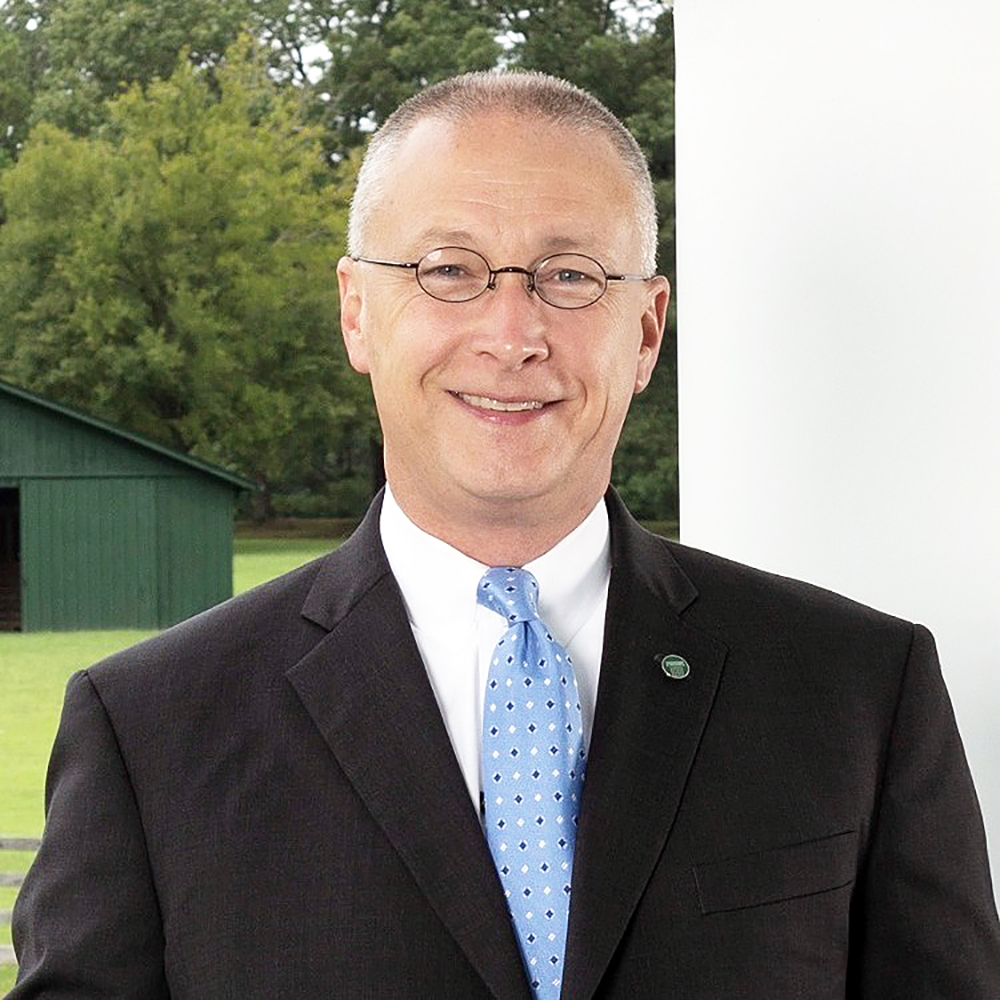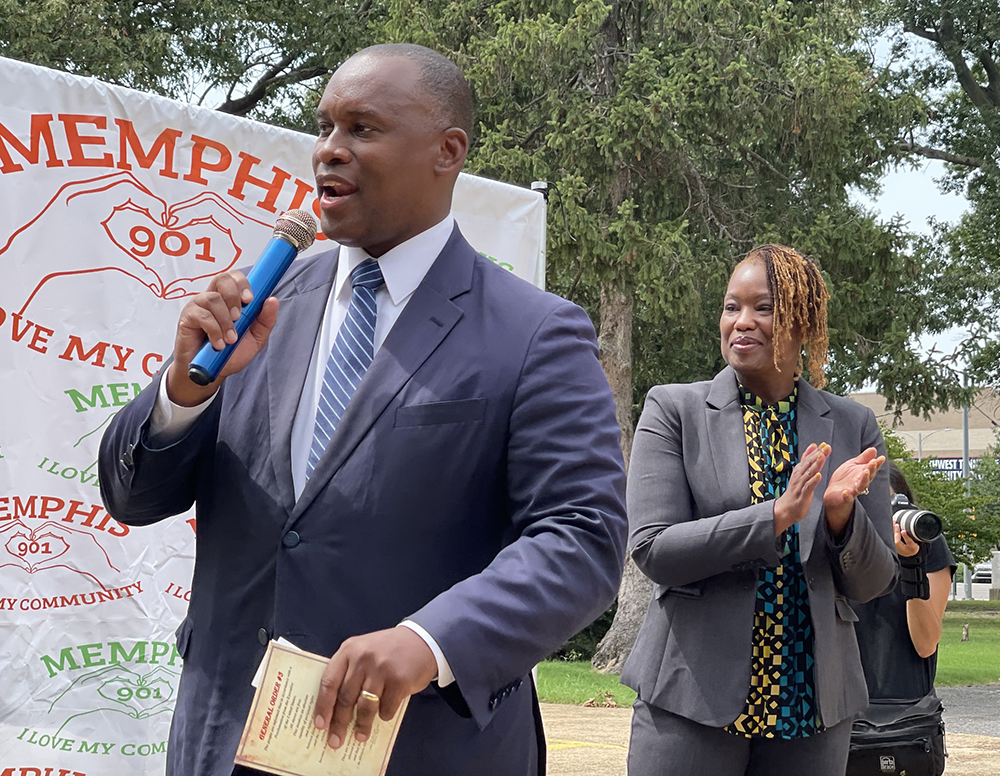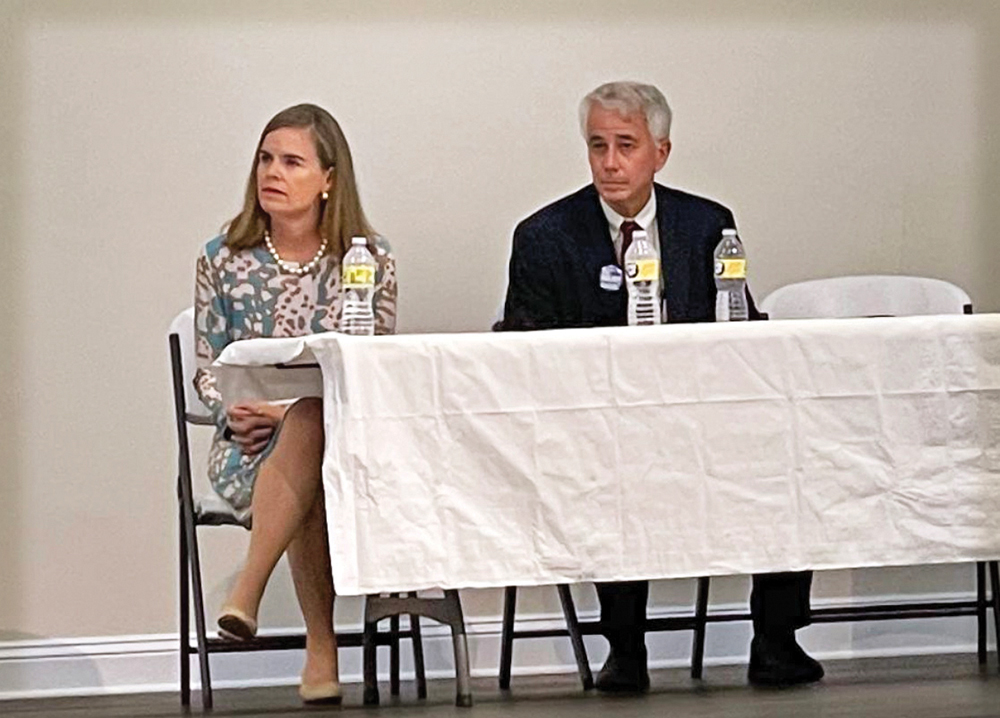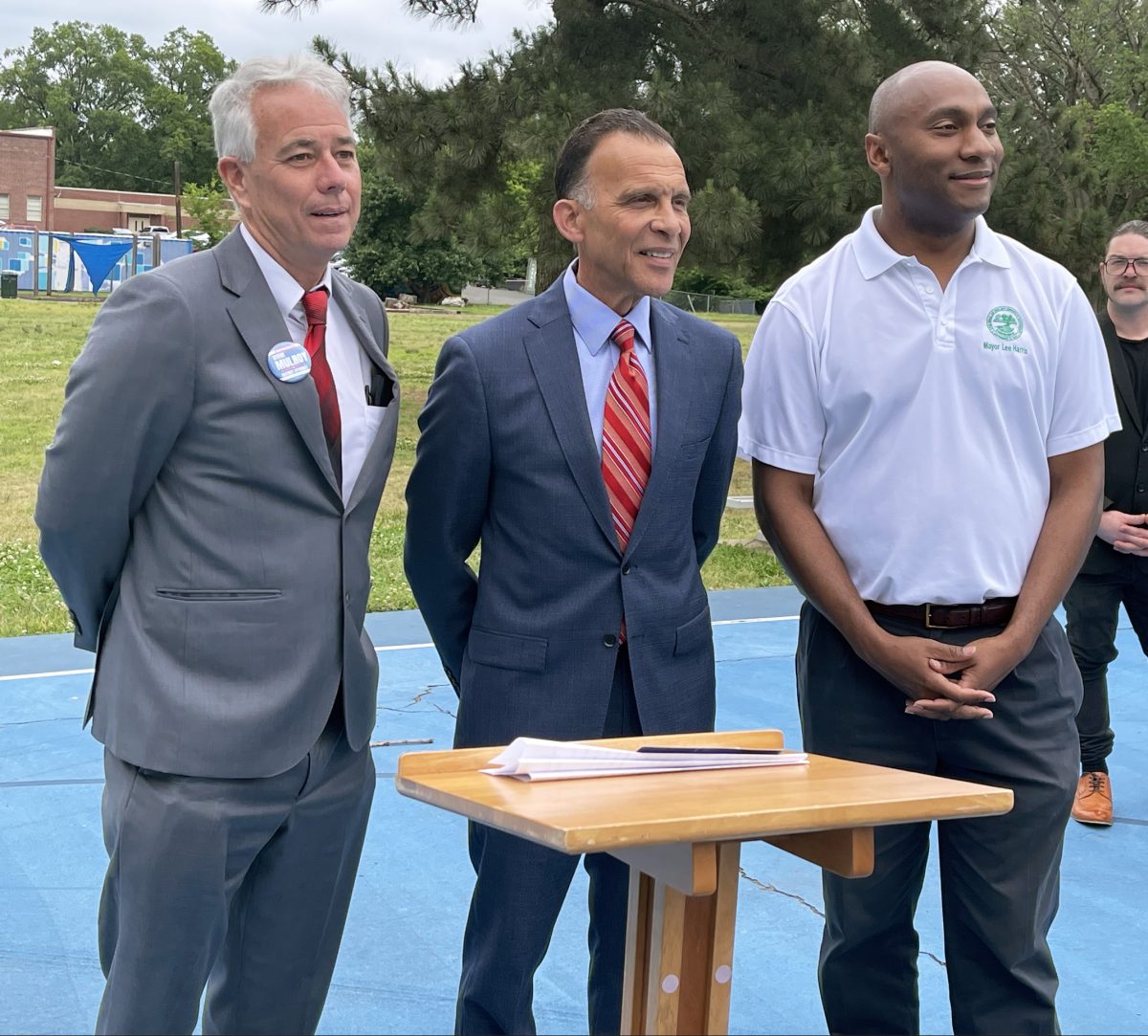It surely hasn’t gone unnoticed that state government is continuing to flex its muscles vis-à-vis local government in Memphis and Shelby County.
Officials aligned with the administration in Nashville are threatening outright takeover of the Memphis-Shelby County Schools (MSCS) system at the same time that state Senator Brent Taylor and helpers continue to implement their would-be coup d’état against the county judiciary and the office of District Attorney Steve Mulroy.
In the case of MSCS, the sudden out-of-nowhere power struggle between an apparent school board majority and first-year superintendent Marie Feagins has prompted what amounts to an ultimatum from Governor Bill Lee and the presiding officers of the state legislative chambers: Keep Feagins or else!
And Taylor has enlisted the same officials in his campaign to oust Mulroy, involving them in his bill of particulars against the DA at a press conference last Thursday that followed by a day a quickly improvised “summit” called by the senator to consider the case for a new crime lab in Memphis, something Mulroy has put forth as a major need for facilitating effective local law enforcement.
The list of invitees to the crime lab conference, styled as a “roundtable discussion,” included Tennessee Bureau of Investigation director David Rausch and a virtually complete roster of public figures, state and local, who could be considered stakeholders in the matter of law enforcement.
There was one glaring omission, however: DA Mulroy, who was not only not invited; he was not even informed of the meeting, which was held at the City Hall of Germantown and concluded with Taylor suggesting an ultimate consensus that processing of local crime data in sensitive cases could be easily expedited via an existing crime lab in Jackson, obviating the need for a new Memphis lab.
A cynic could be pardoned for assuming that the entire thrust of the meeting in Germantown was to undermine the absent DA’s call for such a lab.
There was no doubt about the senator’s minimizing motive in his press conference the next day at the Memphis Police Association headquarters. It was overtly to “reveal the causes to be considered for the removal of District Attorney Steve Mulroy.”
Taylor’s bill of particulars against Mulroy was a duke’s mixture of complaints, ranging from prerogatives asserted by the DA that could be, and in several cases were, countered by ad hoc state legislation to innovative procedures pursued by Mulroy, some of them reflecting purposes that Taylor acknowledged sharing himself.
A case of the latter was an agreement reached by the DA with Juvenile Court Judge Tarik Sugarmon to allow trial court judges access to Juvenile Court records. Taylor had sponsored a bill to do just that in last year’s session of the General Assembly.
A similar instance was Taylor’s inclusion in his list of Mulroy’s declared support of gun safety referenda placed by the Memphis City Council on the 2024 general election ballot and overwhelmingly passed.
“Many of us” could sympathize with the referenda points, Taylor said, but his point was that the referenda — calling for local ordinances on behalf of gun permits, an assault rifle ban, and judicial confiscation of firearms in at-risk instances — ran counter to state law.
Sponsors of the referenda had made it clear that they called for “trigger” laws that could be enforced only if and when state law might be amended to allow them.
And there’s a further anomaly here, given Taylor’s stated goal to “Make Memphis Mattter” and safeguard the city from crime.
One has to wonder why he isn’t pursuing an altogether different strategy, one calling for a legislative “carve-out” of Shelby County from current state law prohibiting the immediate implementation of the ordinances called for by the referenda.
Such a course would be consistent with the principle of home rule; it would also be supportive of a position taken by Mulroy’s Republican opponent in the 2022 DA’s race, then-incumbent Amy Weirich, who inveighed against the iniquitous consequences of the state’s increasingly permissive stripping away of gun safety regulations.






